10 Daily Habits to Extend the Life of Your Dental Instruments and Equipment
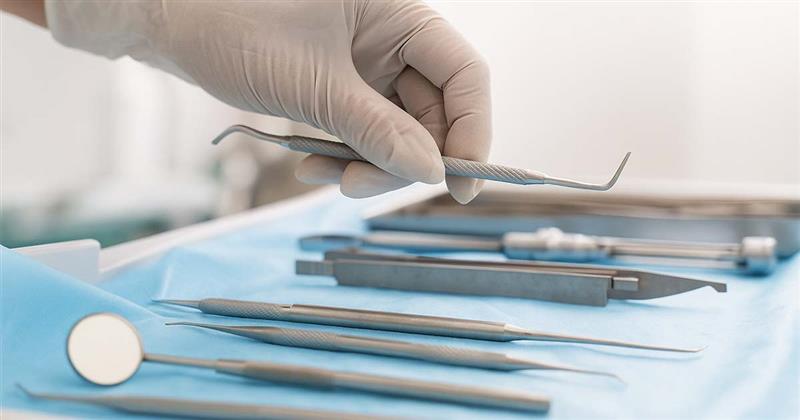
Dental instruments play a vital role in providing quality patient care, but they require careful maintenance to work well and last longer. Adopting simple daily habits to protect these instruments from damage not only extends their life but also helps maintain a clean and safe clinical environment. By following straightforward steps, dental professionals can avoid costly repairs, reduce the risk of contamination, and deliver consistent care. Here are 10 daily habits to help safeguard your dental instruments and equipment and keep your practice running smoothly.
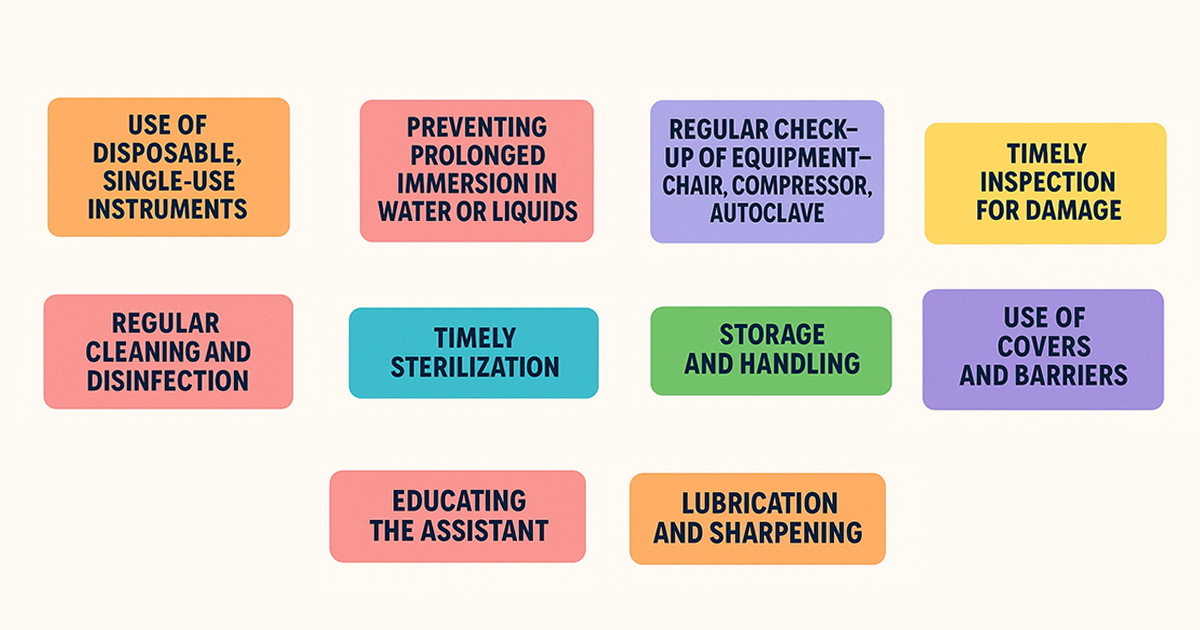
1. Use of Disposable, Single-Use Instruments
Using disposable instruments can help prolong the lifespan of reusable dental instruments. This practice not only prevents the transmission of infectious diseases but also reduces wear and tear on standard instruments. It’s important to ensure that these disposable instruments are discarded in designated waste containers to minimize environmental harm.
2. Regular Cleaning and Disinfection
After each dental procedure, instruments should be thoroughly cleaned with soap and water to remove any visible debris such as saliva or blood. This physical cleaning is essential before proceeding to microscopic-level disinfection. Once cleaned, instruments should be soaked in a glutaraldehyde disinfectant for the duration recommended by the manufacturer—over-soaking can lead to damage. Instruments like mouth mirrors, probes, tweezers, scissors, forceps, etc., must be cleaned in this manner, followed by proper sterilization in an autoclave using the appropriate cycle settings. This routine not only helps prevent damage to the instruments but also ensures a hygienic, pathogen-free practice environment. Residual blood or other fluids can interfere with instrument functionality, so thorough cleaning is key.
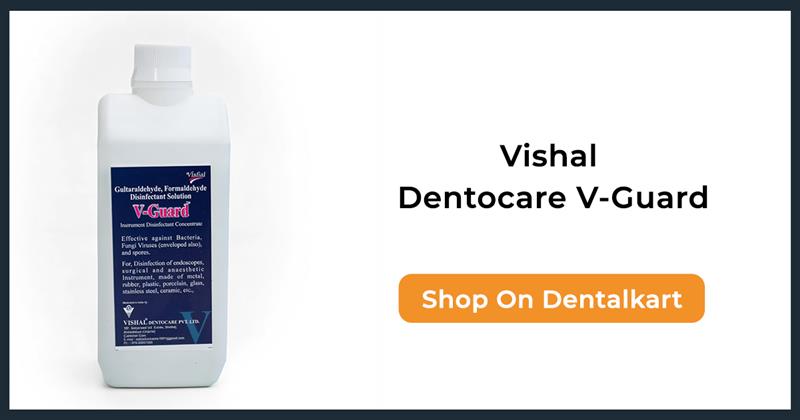
3. Timely Sterilization
After cleaning and disinfection, another crucial step in prolonging the life of dental instruments is timely sterilization. This is typically done using steam autoclaving. Following the proper sterilization cycle is essential to eliminate microbial spores and maintain a pathogen-free dental environment. It is important to follow the manufacturer’s instructions to ensure the instruments perform optimally and are not damaged during the process.
Read Also: Autoclave Sterilization Guide: Ensuring Safety and Efficiency
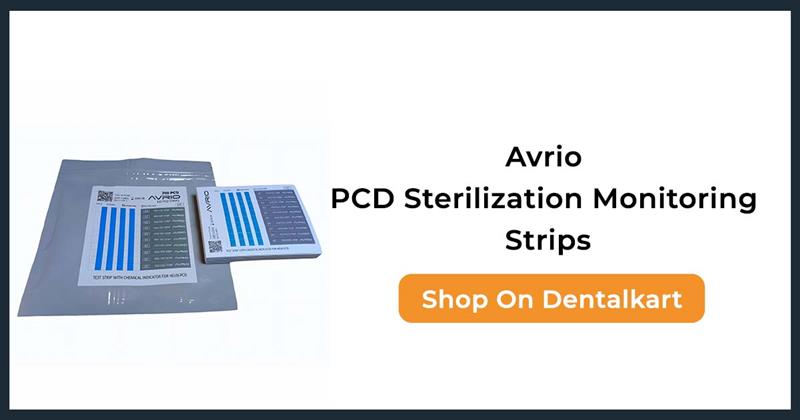
4. Timely Inspection for Damage
Instruments should be inspected before and after each procedure, focusing on their tips, hinges, and other serrated or sharp areas. This helps in identifying signs of wear, damage, or malfunction. Instruments should also be checked for cracks, corrosion, dullness, or any other signs of deterioration. Cutting instruments, in particular, should be sharpened regularly as needed to maintain their effectiveness and minimize trauma to the tissue.
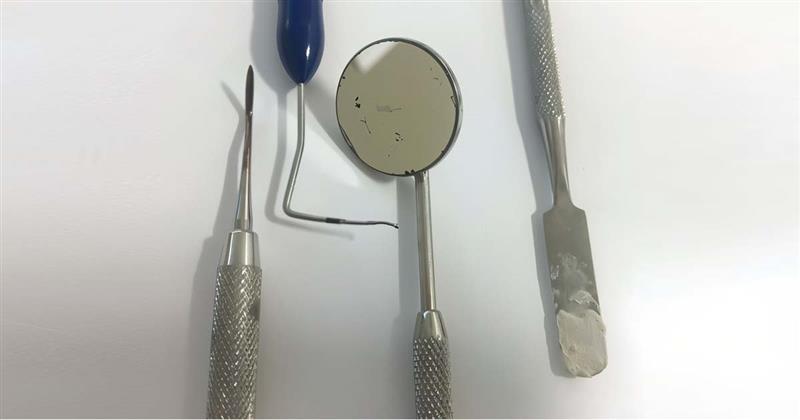
5. Use of Covers and Barriers
It is important that equipment and instruments that can be covered during dental procedures are adequately protected to prevent unnecessary exposure to liquids or materials that could cause long-term damage. Dental chairs, curing lights, X-ray sensors, and other instruments can be easily wrapped in their respective plastic covers or protective barriers. This not only helps prevent physical damage such as scratches or tearing but also reduces the risk of cross-contamination between patients.
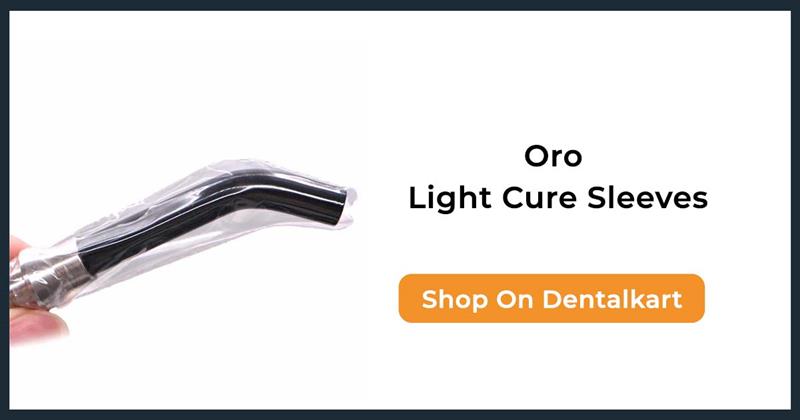
6. Storage and Handling
The storage and handling of instruments and equipment play a major role in prolonging their lifespan in dental practice. Instruments should be properly wrapped and stored on shelves when not in use. Each piece of equipment should have a designated spot—for example, the autoclave and compressor should have proper electrical fittings and should not be moved frequently. The same applies to other larger instruments. Timely charging and battery replacement of devices such as endomotors, curing lights, apex locators, and GP cutters should be done as needed to ensure optimal performance. The instruction manual should be thoroughly followed for specific storage and handling precautions for each instrument or equipment.
7. Preventing Prolonged Immersion in Water or Liquids
During thorough cleaning, instruments are often soaked in water or disinfectants for longer than the time suggested in their instructions. This can lead to rusting or damage to hinges, joints and other internal parts of instruments and equipment, resulting in poor functionality. Therefore, it is important to follow the manufacturer’s recommended soaking times.
8. Regular Check-Up of Equipment – Dental Chair, Compressor, Autoclave
The working of every part of the chair, compressor, autoclave, and other larger equipment should be checked fortnightly or at least once a month to ensure that there are no repair issues or damage. This can prevent major hindrances that might occur during dental practice and disrupt the daily functioning of the clinic. Sterilization cycle testing should be done for the autoclaves to ensure proper sterilization and to check their working condition.
9. Lubrication and Sharpening
Airotors and other instruments like forceps, scissors, or any equipment requiring oiling and lubrication should be maintained daily to ensure smooth functioning during procedures. Instruments that require sharpening should be sharpened monthly, or more frequently if needed, depending on how often they are used. This helps prolong their lifespan and ensures efficient performance.
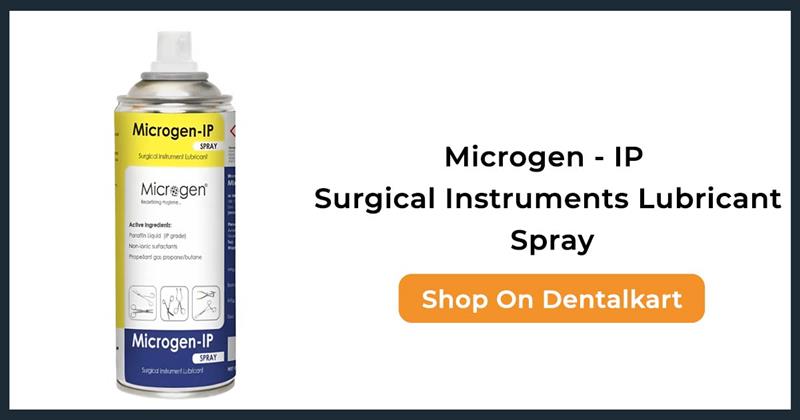

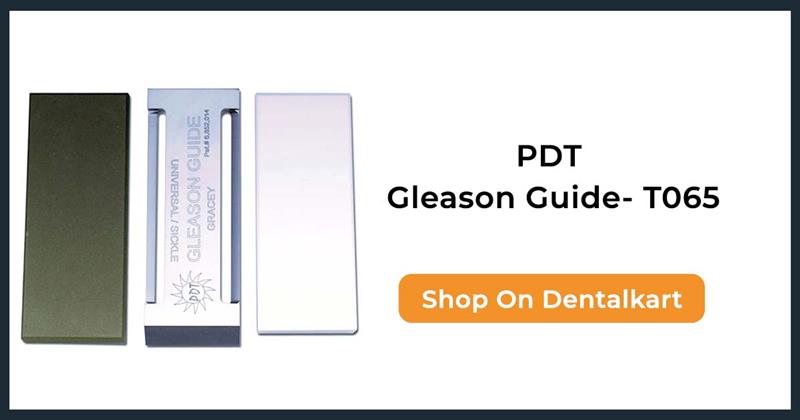
10. Educating the Assistant
Following the above steps but not educating the assistants and other auxiliary staff, who play a major role in maintaining the clinic, can result in poor instrument maintenance. It is important to educate them on how and why it is essential to properly care for the instruments to ensure their longevity. Providing easy-to-follow flowcharts can help them remember and complete every step for maintaining instruments and equipment.
Maintaining dental instruments through these daily habits is key to extending their lifespan and ensuring smooth, safe dental practice operations. By regularly cleaning, sterilizing, inspecting, and properly handling instruments—and by educating your support staff—you can prevent damage, reduce costs, and uphold high standards of patient care. For quality instruments and reliable dental supplies to support your practice’s maintenance needs, DentalKart offers a wide range of products designed to meet professional standards. Trust DentalKart to provide the right solutions to help keep your dental practice efficient and well-equipped.

No Comment